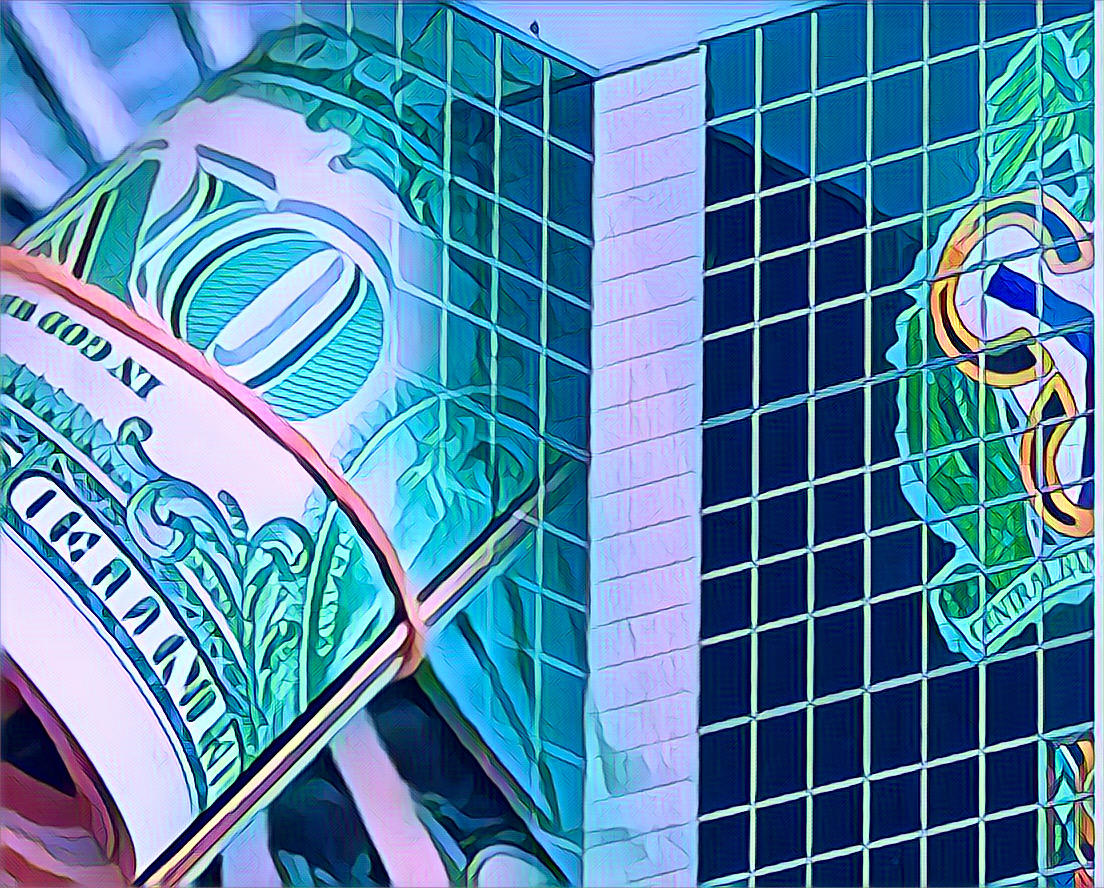In a significant development within Nigeria’s foreign exchange (FX) market, the naira experienced notable gains across various trading platforms on Monday, following the Central Bank of Nigeria’s (CBN) intervention by selling dollars to Bureau De Change (BDC) operators at a rate of N1,251. This strategic move comes after the CBN’s promise in February 2024 to allocate $20,000 weekly to BDCs at a rate of N1,301, indicating a concerted effort to stabilize the national currency and streamline foreign exchange processes.
In a bid to ensure transparency and fairness, the CBN issued a directive to BDCs, mandating them to sell to eligible customers at a markup no greater than 1.5 percent above the purchase price. This policy aims to curb exploitative practices and ensure that end-users benefit from more predictable exchange rates.
Market data reveals a strengthening of the naira by 1.64 percent, with the dollar quoted at N1,408.04 on Monday, an improvement from N1,431.49 on Friday at the Nigerian Autonomous Foreign Exchange Market (NAFEM). This appreciation was also mirrored in intraday trading, where the high closed at N1,442 per dollar, stronger than the previous close of N1,468/$1 on Friday. The intraday low remained stable at N1,300 per dollar, further evidencing the naira’s positive trajectory.
Moreover, the FX market turnover saw an uptick of 11.06 percent, reaching $221.80 million on Monday, up from $199.71 million recorded on Friday. This increase in market activity underscores the heightened investor confidence and enhanced liquidity resulting from the CBN’s interventions.
The revised policy and its implementation were detailed in a circular from the CBN, emphasizing the sale of $10,000 to each BDC at the revised rate of N1,251/$1. This approach is designed to meet the demands of eligible end-users effectively and maintain market stability by preventing excessive spreads.
In parallel, the dollar rate experienced a downturn to N1,450 on Monday, enhancing the naira’s value by 2.07 percent as currency speculators began offloading their holdings in the parallel market, often referred to as the black market. This shift led to significant losses for speculators who had previously purchased dollars at higher rates, signaling a corrective adjustment in market dynamics.
This development aligns with the CBN’s ongoing foreign exchange market reforms, which aim to establish a market-determined exchange rate for the naira that accurately reflects economic fundamentals. The recent circular issued by the CBN outlined the rationale behind the direct sale of foreign exchange to BDCs, addressing concerns over price distortions and discrepancies in the parallel market. By setting a purchase cap of $20,000 per BDC at a rate reflective of the lower band of spot transactions, the CBN seeks to mitigate these distortions and foster a more balanced and transparent FX market.
The decision to resume foreign exchange sales to BDCs marks a significant shift from the policy stance in July 2021, when the CBN, under former Governor Godwin Emefiele, ceased such sales citing regulatory violations and misuse of forex trading licenses by BDCs. This reversal reflects the CBN’s adaptive strategy in managing the complexities of Nigeria’s foreign exchange market, aiming to enhance operational efficiency, curb corruption, and ultimately strengthen the naira’s position in the global financial sector.


